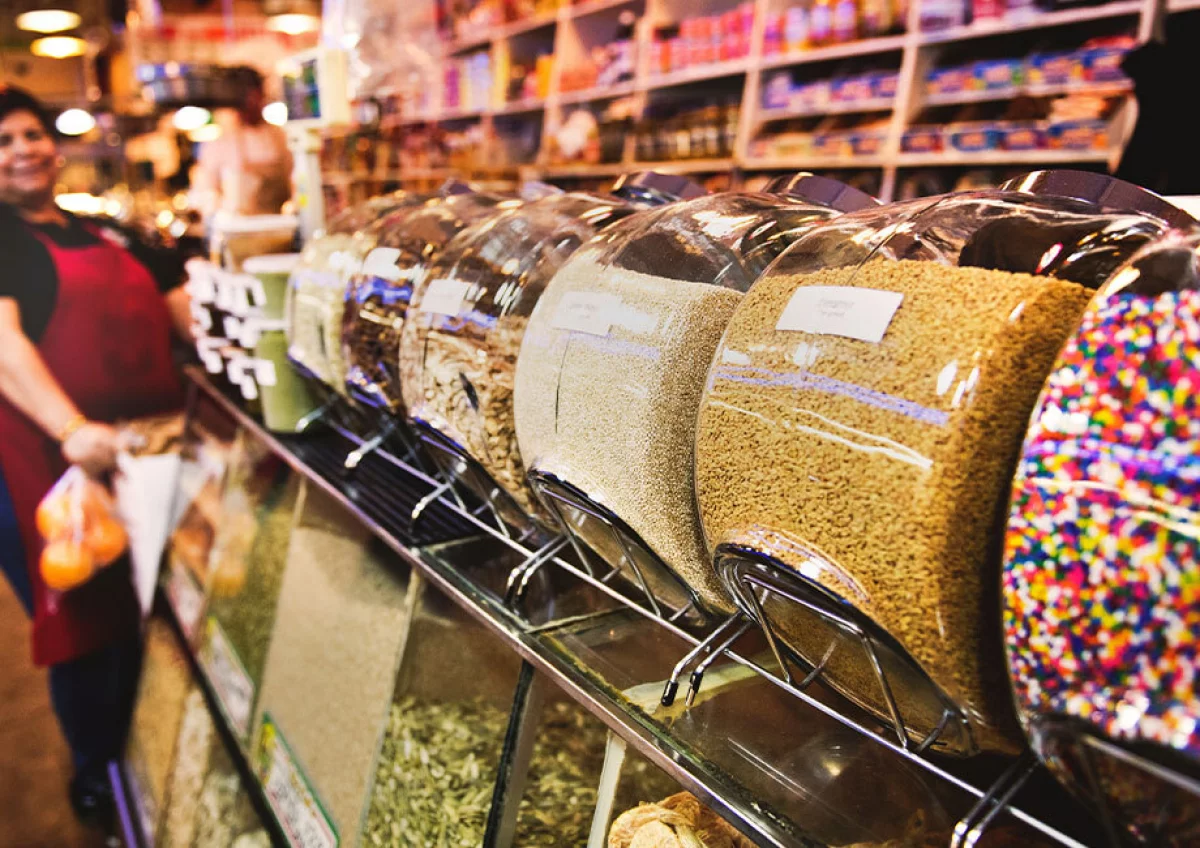Global Food Prices Under Further Threat from Russia and India
On July 20th, 2023, it was announced by the Indian Government that, effective immediately, all exports of non-basmati white rice would be halted. The government advised that the ban was put in place to lower rice prices in India and to ensure domestic demand is met. Though exports of basmati rice and parboiled rice are not affected by the ban, there are a number of countries that are highly reliant on Indian rice. Some of these include Senegal, Nigeria and the Ivory Coast in West Africa and in South-East Asia, Vietnam, Malaysia and the Philippines.
A few days earlier on Monday 17th July, Russia withdrew from the Black Sea Grain initiative, which allowed fertiliser and food to be exported from three ports in Ukraine Odessa, Chornomorsk and Pivdennyi. The initiative was brokered by the United Nations and Turkey, with promises that would allow Russian agricultural goods to reach global markets. Russia accused the west of breaking these promises and, as such, Russia withdrew from the pact.
Food prices rise
Prices of rice began to rise in 2022 mainly due to huge flooding in Pakistan which had a knock-on effect of tightening global supply, add to that the El Nino weather pattern plus the ban by India, the market could tighten even further. India is responsible for 40% of the global rice supply and 15% of the banned items, and according to the IFPRI, (International Food Policy research Institute), the reduction in Indian rice exports risks both heightened food insecurity and increases in global prices.
The result of Russia abandoning the Black Sea Grain Initiative (allows safe passage of ships carrying grain from Ukrainian ports), was an increase in global food prices for the month of July. In a year where global food prices had steadily reduced, the FAO (United Nations Food and Agricultural Organisation) confirmed on Friday 4th August that the Global Food Price Index rose by 1.3% in July compared with that of June. The index was still down circa 12% from July 2022, however with Russia’s decision to abandon the pact, the prices of sunflower oil and grains have once again increased.
The global impact
Figures released by the United Nations shows Ukraine accounting for 46% of the world’s sunflower oil exports, while the FAO also showed wheat rising on the broader Food price Index by 1.6% in July. According to the OECD, prior to the war, Ukraine was responsible for 10% of global wheat exports, (fifth largest), and can also account for being in the world’s top three of exporters of rapeseed oil, maize and barley.
The cost to human lives in Ukraine because of this illegal war started by Russia is absolutely appalling, but sadly the cost goes well beyond the shores of Ukraine. Across the whole of east Africa circa 80% of grain consumption comes from the combined exports of Ukraine and Russia. This year, around 50 Million East African people are facing hunger with many more in the abovementioned West African states. We can only hope that diplomatic efforts currently in progress to halt this war are successful.
